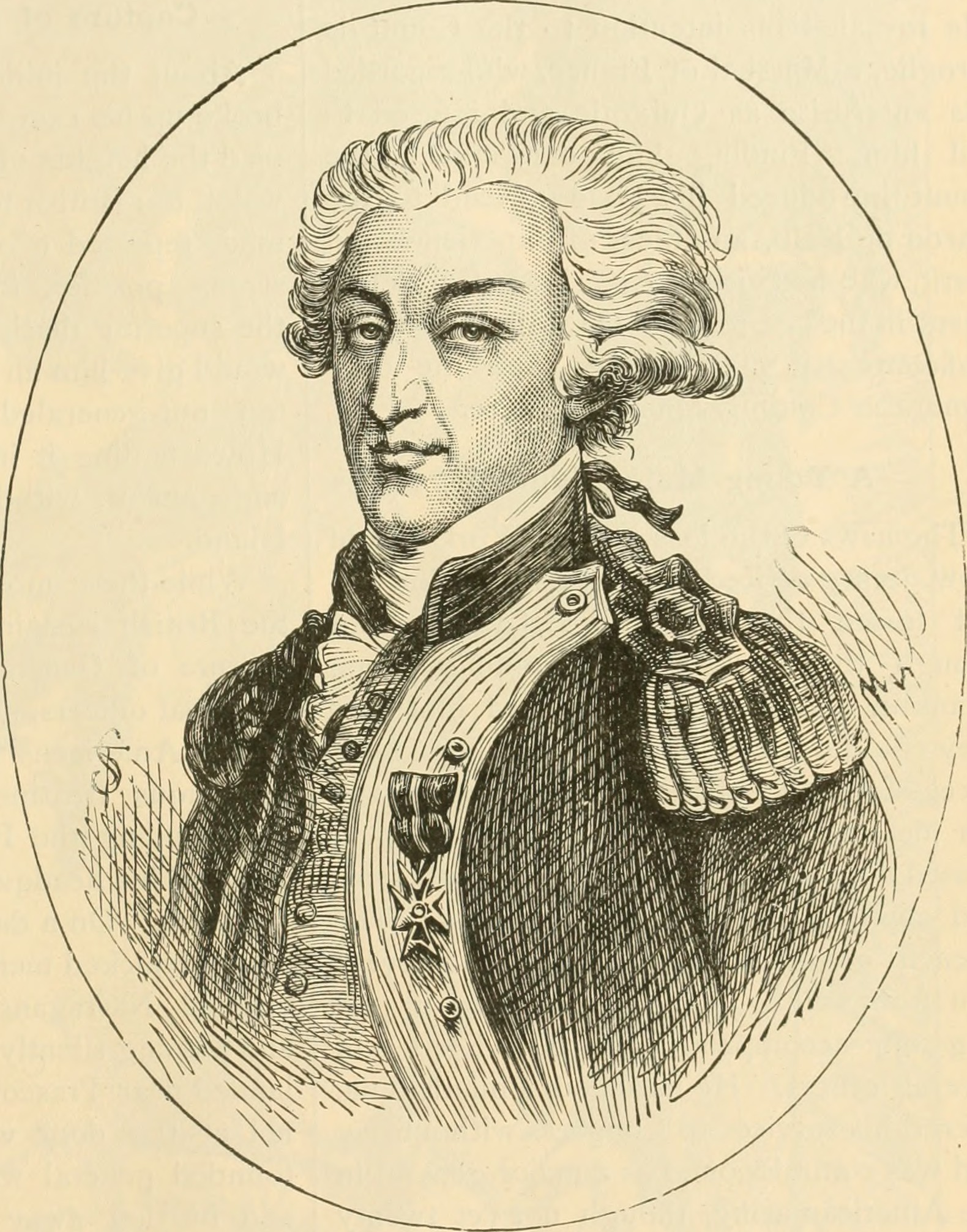OCTOBER 20, 2021 – If you hadn’t heard of Mike Duncan . . . now you have. He’s the self-proclaimed “history geek” who narrates a 179-episode podcast, History of Rome. He’s produced another series on Revolution, which I found riveting just as riveting.
His study of revolutions inspired his definitive biography of Lafayette, whose full name, in the tradition of nobility, was Marie-Joseph Paul Yves Roch Gilbert du Motier de La Fayette, Marquis de La Fayette—condensed to “Gilbert” by the Marquis’s drinking buddies. Lafayette’s plebeian biographer moved to Paris for a year to conduct research for the book, Hero of Two Worlds: The Marquis de Lafayette [sic] in the Age of Revolution.
Duncan’s work is a delectable feast of insight into the improbable French hero, the unsustainable structure of French society, and the wobbly insurrection by the 13 British colonies in North America.
As with all things human, if you look beneath the covers and behind the scenes of history, superficial perceptions unravel. This doesn’t mean, however, that what’s on the surface is always untruthful. Take Lafayette, for example. As schoolchildren we learned that he was soldier, strategist, friend of Washington, and savior of Colonial America’s fledgling revolution. He was all of these things at the same time he was none of them. Fatherless at two and orphaned at 12, the awkward Lafayette ascended to staggering wealth when he was a teenager—and the monied branch of his extended family died off. Unlimited resources allowed him to buy influence, though not experience. Before venturing off to fight at Washington’s side, the 19-year old’s military skill was limited to buttoning his fancy uniform. Yet, by determination and divine-like alignment of circumstances, Lafayette won a place in the pantheon of American heroes.
He’d play significant roles in the later French Revolution(s), as social, economic, and political pressures collided to blow the Ancien Régime to kingdom come.
I’ll report on Lafayette’s extraordinary life in greater depth once I’ve completed my journey through Duncan’s exquisite book.
Meanwhile, I’m struck by how disunited, disjointed, dis-everything the 13 colonies were as they battled for separation from British rule. The American colonists didn’t “win” the war; the British lost it. American heroism bolstered by French aid existed, to be sure, but supreme dysfunctionality was a persistent harbinger of the things that haunt us to this day.
Aboard the ship that brought Lafayette to our shores was another French nobleman-soldier, vicomte de Mauroy. Mauroy’s objective was to prove himself on a battlefield to win back his place in the French army. He shared none of Lafayette’s idealism, and gave the Marquis a scathing summary of European colonization in America: “Fanaticism, the insatiable desire to get rich, and misery—those are, unfortunately, the three sources from which flow that nearly uninterrupted stream of immigrants who, sword in hand, go to cut down, under alien sky, forests more ancient than the world, watering a still virgin land with the blood of its savage inhabitants, and fertilizing with thousands of scattered cadavers the fields they conquered through crime.”
Ouch!
(Remember to subscribe to this blog and receive notifications of new posts by email.)
© 2021 by Eric Nilsson
